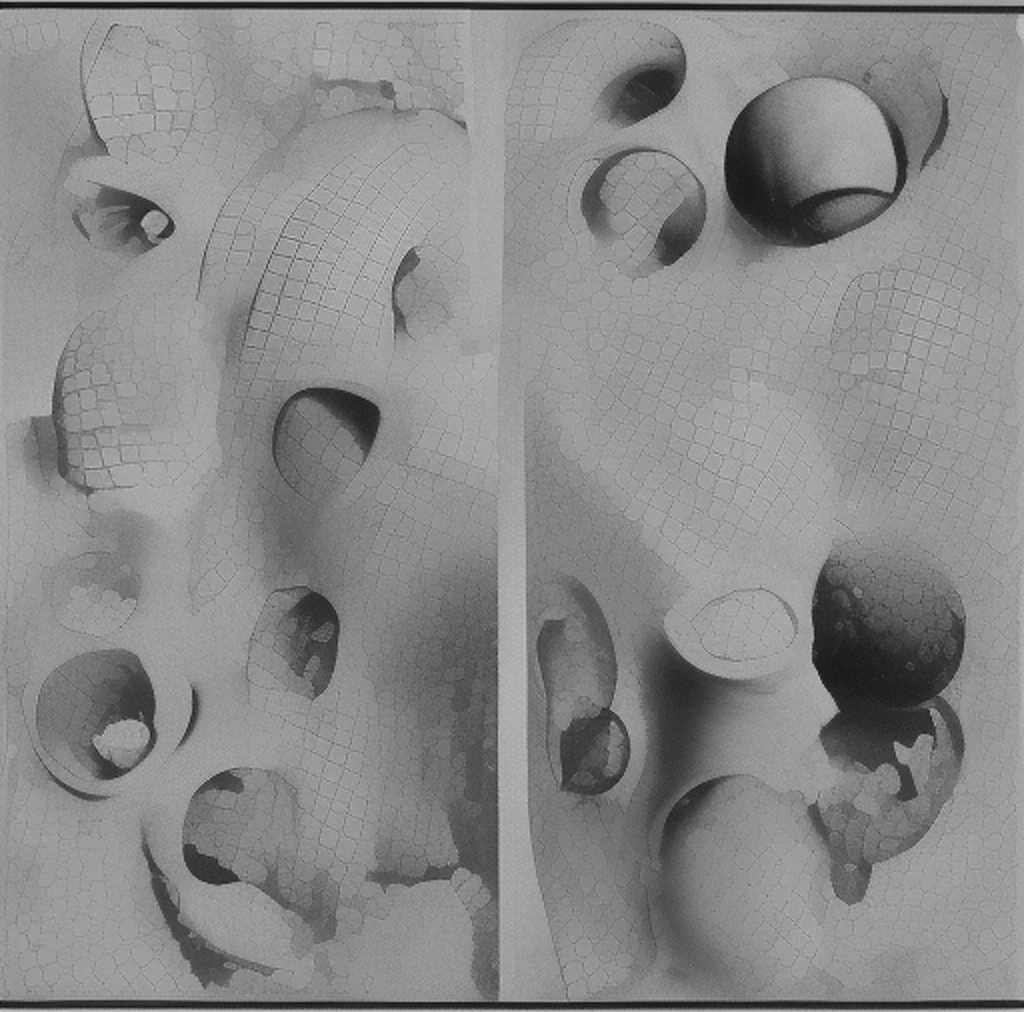The supplement and its processes appear frequently in the writings of Derrida, but Of Grammatology is where this term is thoroughly discussed and extensively analyzed.
In the second part of Of Grammatology, Derrida discusses and investigates Rousseau’s view and argument that writing is a “dangerous supplement” to speech. For Rousseau, speech expresses presence fully, immediately, clearly, and purely. Writing, in contrast, is nothing but a supporting, foreign, extraneous, and technical form of expression and representation.
According to Derrida, this way of relating speech and writing to presence permeates the whole Western metaphysical tradition and thus holds sway; from Plato to Husserl.
That is, for Derrida, Rousseau’s view is nothing but a repetition of the already said; a repetition that will itself be repeated and said again afterward. In other words, Rousseau’s argument is nothing but a link in a chain joined together by the same attitude toward speech and writing.
For Rousseau, writing is dangerous because in it lies a constant threat to usurp speech, to render the living word corrupt and hence distorted, and to render language divided, eroded, and hence weak.
Derrida’s reading of Rousseau’s texts shows that writing supplements speech not as an addition merely added to the already full, completely present, self-contained, and self-sufficient, but rather as a significant, deciding, and determining addition compensating for certain lacks, shortfalls, absences, and deficiencies in speech itself.
This means that, for Derrida, writing is not an inessential or unnecessary addition, but rather that without which speech could not happen in the first place. In other words, writing is a crucial supplement without which speech could not be constituted in the first place; writing is that without which there could be no speech.
In Of Grammatology, Derrida re-reads the texts of Rousseau and finds in them other irreducible and dangerous supplements: harmony as the supplement of melody, masturbation as the supplement of sexual relations, linguistic articulation as the supplement of voiced accent, education as the supplement of maternal nature, need as the supplement of passion, etc.
Although what is offered as a supplement changes, the “logic” and the processes of supplementing remain the same: that which is seen as a supplement adds itself to a seemingly full, complete, pure, simple, original, self-sufficient, and self-contained presence, only to reveal, expose, or render apparent an absence, occurring as lacks and differences, residing in the origin of what seems complete and full and rendering possible its taking place in the first place.
Derrida says that supplementing, or supplementarity, lies at the “origin” of presence, which is divided because it awaits that without which it could not constitute itself as an origin in the first place. The origin of presence itself is lacking and holds within itself absences, self-differences, and shortfalls.
This makes supplementarity that without which the whole metaphysical tradition could not be constituted, according to Derrida. That is, the supplement is that without which metaphysics could not constitute itself as such. Without the supplement, there is no metaphysics, and although metaphysics considers the supplement to be an inessential element, it constantly and urgently needs it so that it could be rendered possible in the first place.
Philosophy and Death
Death is a recurrent theme in the thinking-philosophizing of Plato. There are, therefore, many ponderings on grief, mourning, sorrow, and healing in the dialogues philosophizing and thinking toward death and dying. The fear of death, Plato says, burdens humans while they are awake and haunts their dreams.
Schopenhauer on Death and Afterlife
In the thinking-philosophizing of Schopenhauer, death is central because it is linked together with the “will-to-live”. Death is the fragility pervading our existence; a fragility necessarily delivering into philosophizing
At the end of Division One of Being and Time, Heidegger says that investigating the everydayness of Dasein makes understandable and hence brings nearer to Dasein’s being, yet it does not bring Dasein wholly, completely, or fully face to face with itself; that is, it does not bring “Da-sein as a whole in view”.
Heidegger on “Being-Toward-Death”
For Heidegger, death brings closer to the question of the meaning of Being: “Death opens up the question of Being”. Heidegger says that only to the human being belongs the possibility of being brought face to face with death: “Only humanity ‘has’ the distinction of standing and facing death, because the human being is earnest about Being: death is the supreme testimony to Being”.
In Being and Nothingness, Sartre criticizes Heidegger’s conception of death in Being and Time and offers his own account of the finitude of existence, which is grounded not in the certainty of death, but rather in our choices and freedom.
For more articles on Derrida’s philosophy, visit this webpage.

